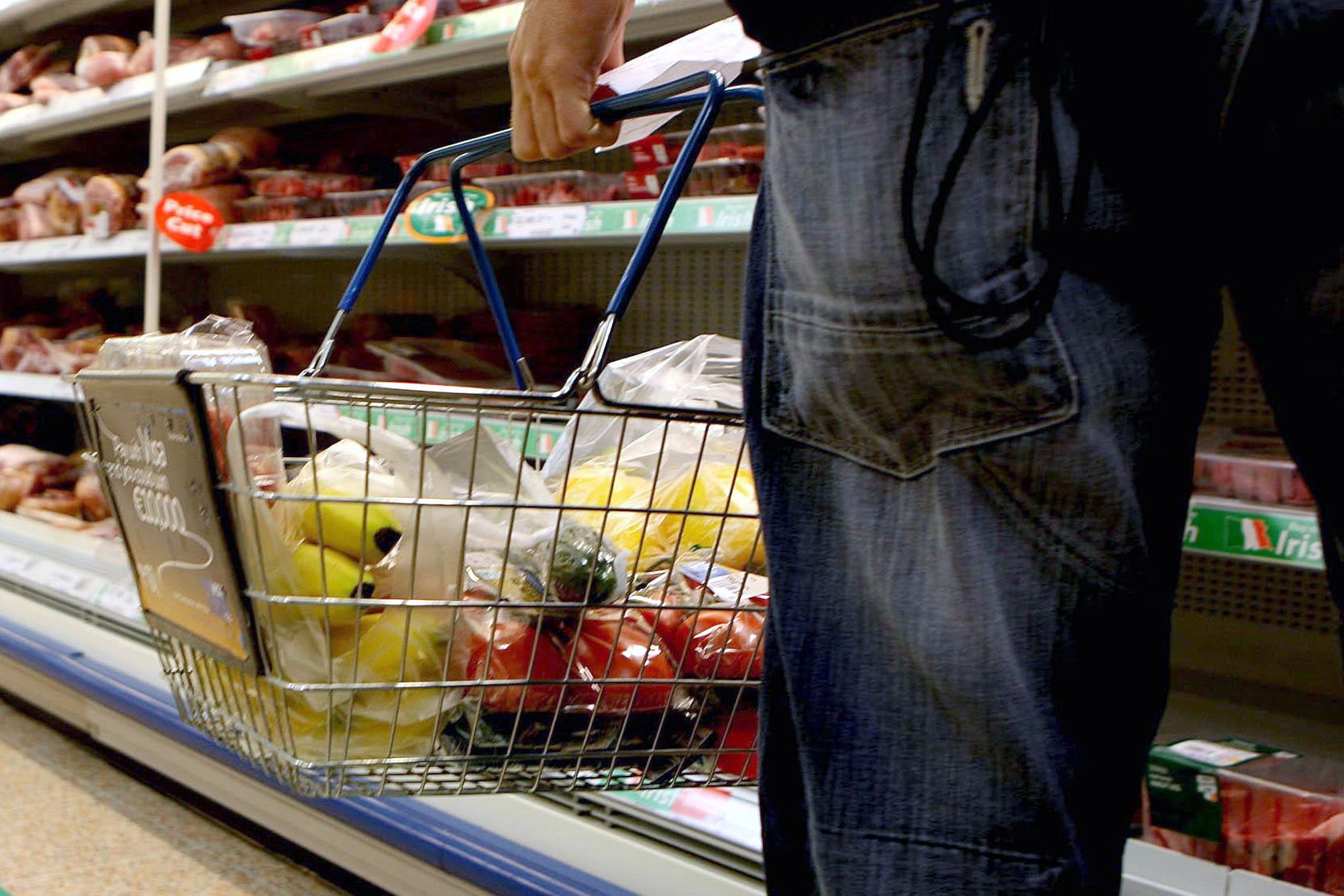Fears raised over ‘sting in tail’ post-Brexit border charge for food – report
The planned policy would see retailers pay a flat-rate inspection fee of up to £43 per consignment.

Your support helps us to tell the story
From reproductive rights to climate change to Big Tech, The Independent is on the ground when the story is developing. Whether it's investigating the financials of Elon Musk's pro-Trump PAC or producing our latest documentary, 'The A Word', which shines a light on the American women fighting for reproductive rights, we know how important it is to parse out the facts from the messaging.
At such a critical moment in US history, we need reporters on the ground. Your donation allows us to keep sending journalists to speak to both sides of the story.
The Independent is trusted by Americans across the entire political spectrum. And unlike many other quality news outlets, we choose not to lock Americans out of our reporting and analysis with paywalls. We believe quality journalism should be available to everyone, paid for by those who can afford it.
Your support makes all the difference.Concerns have reportedly been raised that a post-Brexit border charge proposed by the Government for EU food imports will filter through to consumers.
The planned policy – outlined in a Department for Environment, Food and Rural Affairs (Defra) consultation paper – would see businesses pay a flat-rate inspection fee of up to £43 per consignment.
Shane Brennan, director of the Cold Chain Federation, told The Observer that the proposal would be “the sting in the tail” of the post-Brexit food inspection regime and it would be “unavoidable” that the cost would hit UK consumers too.
“This Government tax for importing food goods from Europe comes on top of the costs of vets’ and customs agents’ fees, as well as increased supply chain costs, all arising from the post-Brexit realities of trying to service the UK,” he said.
“Forty-three pounds doesn’t sound like a lot but, given that we import thousands of consignments of food goods through Dover every day, it amounts to a border tax costing the industry millions. It is unavoidable that these costs will filter through to consumers.”
Industry sources expressed concerns to the paper for smaller British retailers such as delis which import lots of small orders of special items from the EU such as Parma ham, French cheeses or Belgian chocolates.
Defra has proposed what it terms a common user charge which would be used to recover operating costs for Government-run border control posts in England.
The rate is estimated to be in the region of £20 to £43, according to a consultation paper by the department.
It comes as households face ongoing cost-of-living pressures including soaring grocery prices and increases in the cost of some popular products.
The most recent official data showed that food inflation struck 19.3% in April, dipping only slightly from March’s eye-watering 19.6% and remaining close to the highest rate for more than 45 years.
A UK Government spokesman said: “Growing the economy and supporting small businesses are priorities for this government.
“The estimated charge of £20 to £43 is an indicative range while we continue to determine the full scale of operating costs and finalise the risk categories under the Target Operating Model.
“We are currently consulting with the sector and businesses to ensure we take the fairest approach that works for them, while also facilitating the movement of goods into the country and protecting our biosecurity.”